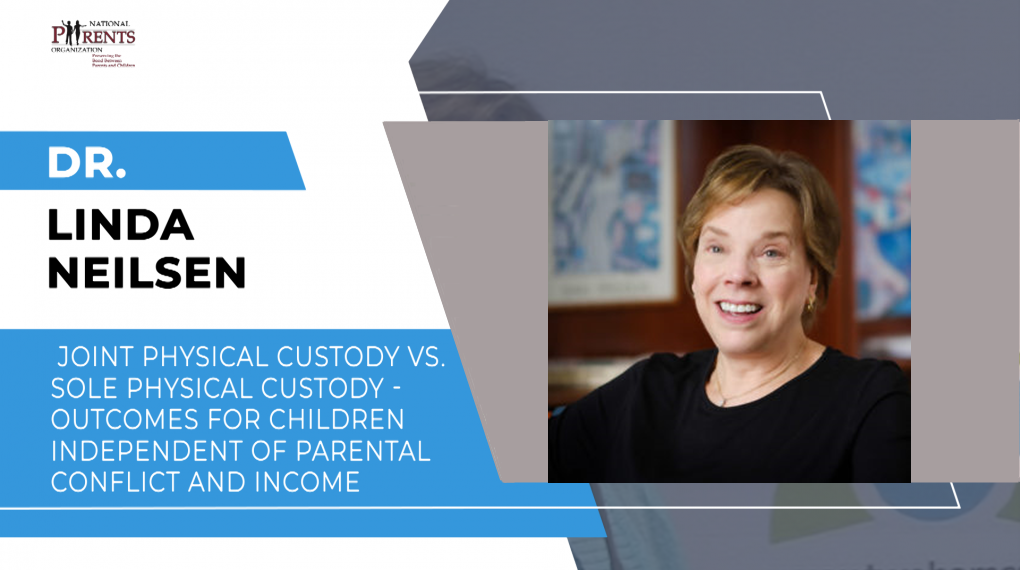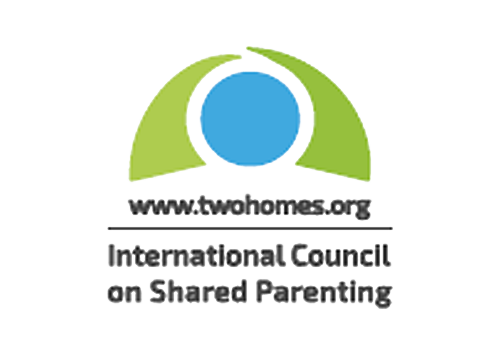
Joint physical custody vs. sole physical custody: Outcomes for children independent of parental conflict and income
Is joint physical custody (JPC) where children live with each parent at least 35% of the time linked to any better or worse outcomes for children than sole physical custody (SPC)? In what situations is JPC linked to worse outcomes? To what extent are children’s outcomes linked to their parents’ incomes and levels of conflict? When parents do not have low conflict, collaborative co-parenting relationships, are children better off if one parent has sole physical custody or if parents have shared physical custody? In 40 of 50 studies JPC children had better outcomes on measures of behavioral, emotional, and physical well-being and better relationships with parents and grandparents. In 4 studies the outcomes were equal. In 6 studies on some measures certain groups of children had worse outcomes. In all 35 studies that controlled for family income or parental conflict, JPC was linked to better outcomes. In the 20 studies that compared JPC and SPC parents’ levels of conflict at the time of separation or in subsequent years, JPC parents did not have significantly more cooperative or lower conflict relationships. Higher conflict and poorer co-parenting were not linked to worse outcomes for children in JPC than in SPC families. JPC was linked to worse outcomes when children had poor relationships with their fathers or had poor relationships with both parents while simultaneously being caught in the middle of high conflict.
$0.00Add to cart

